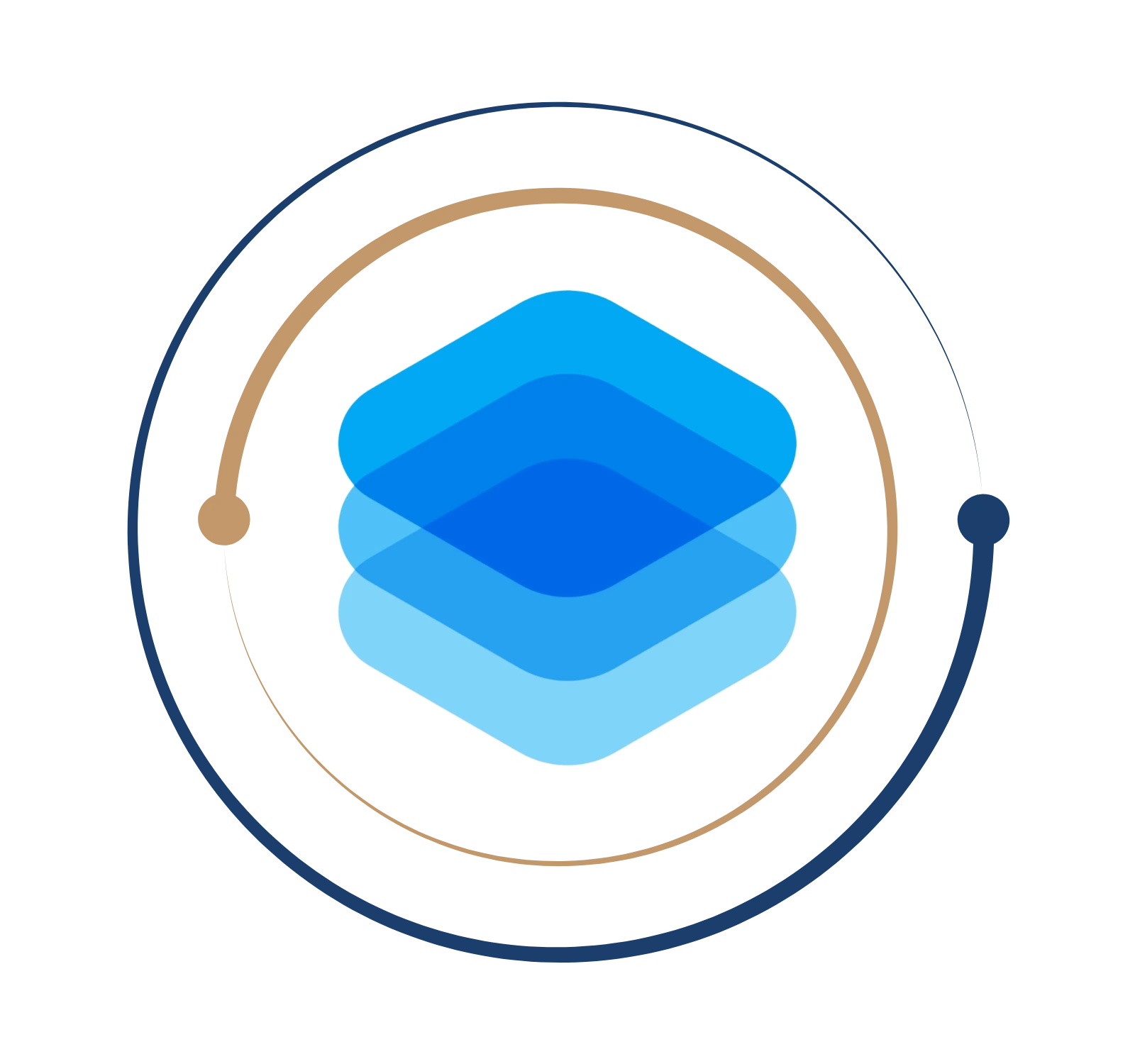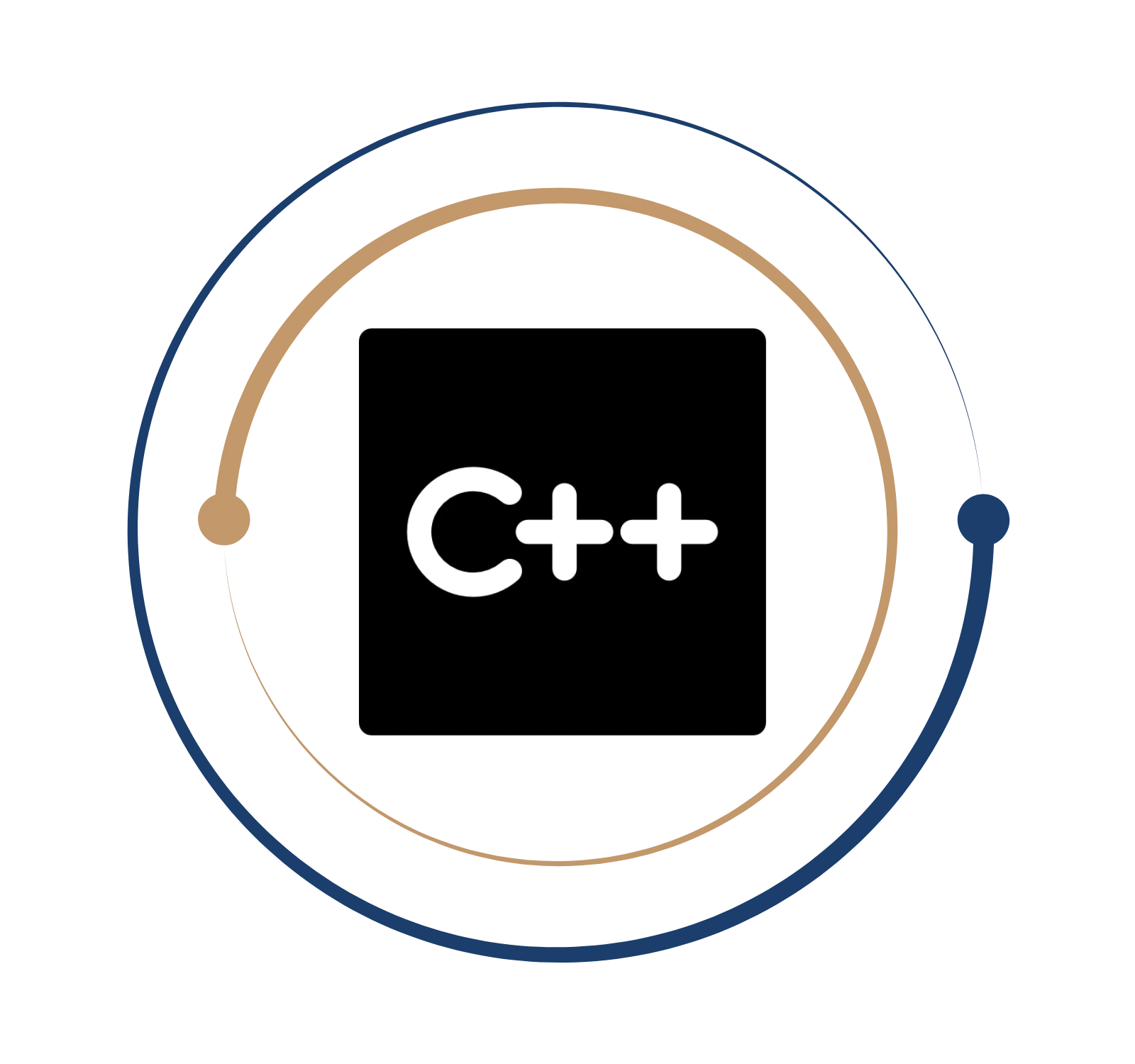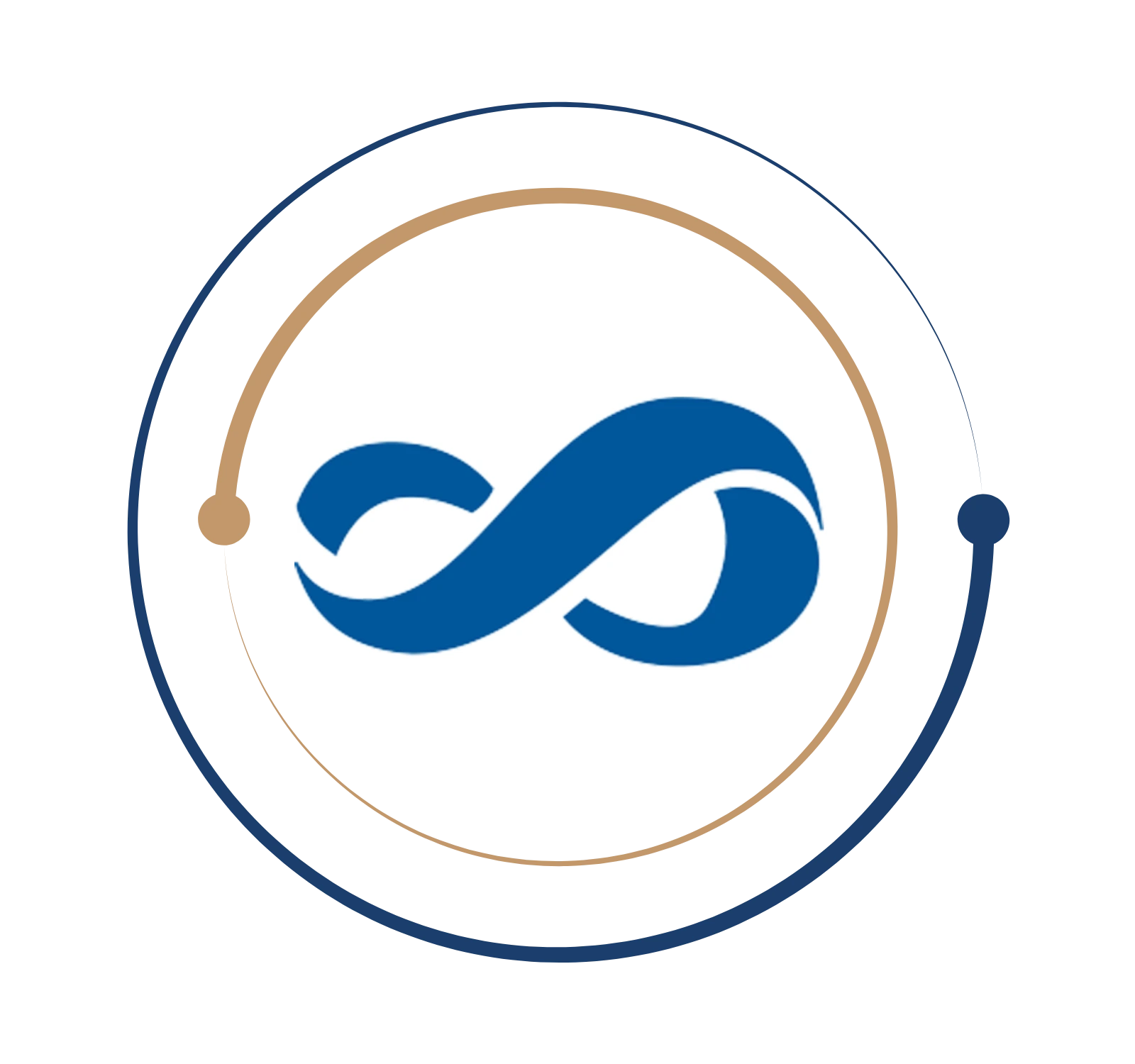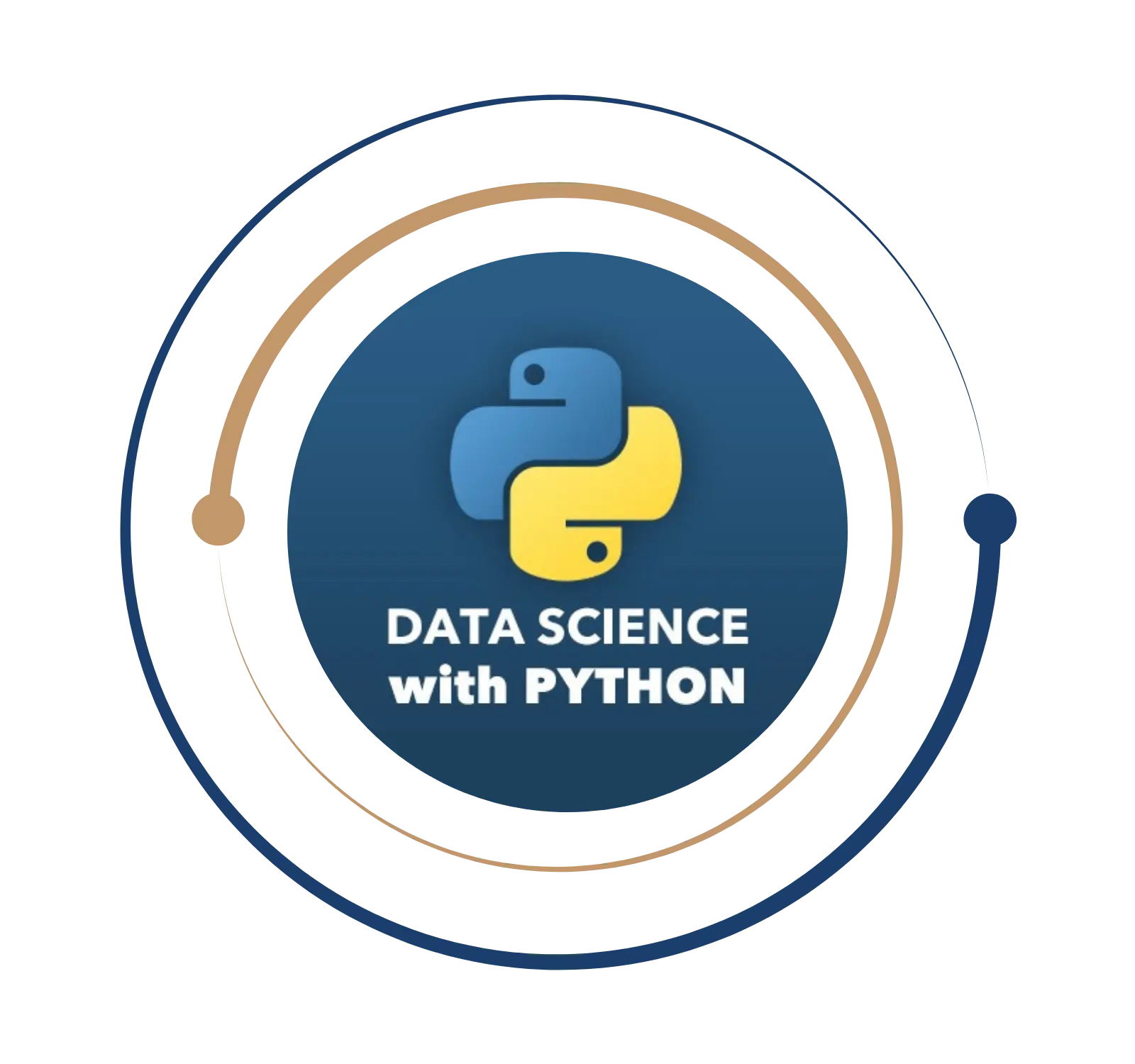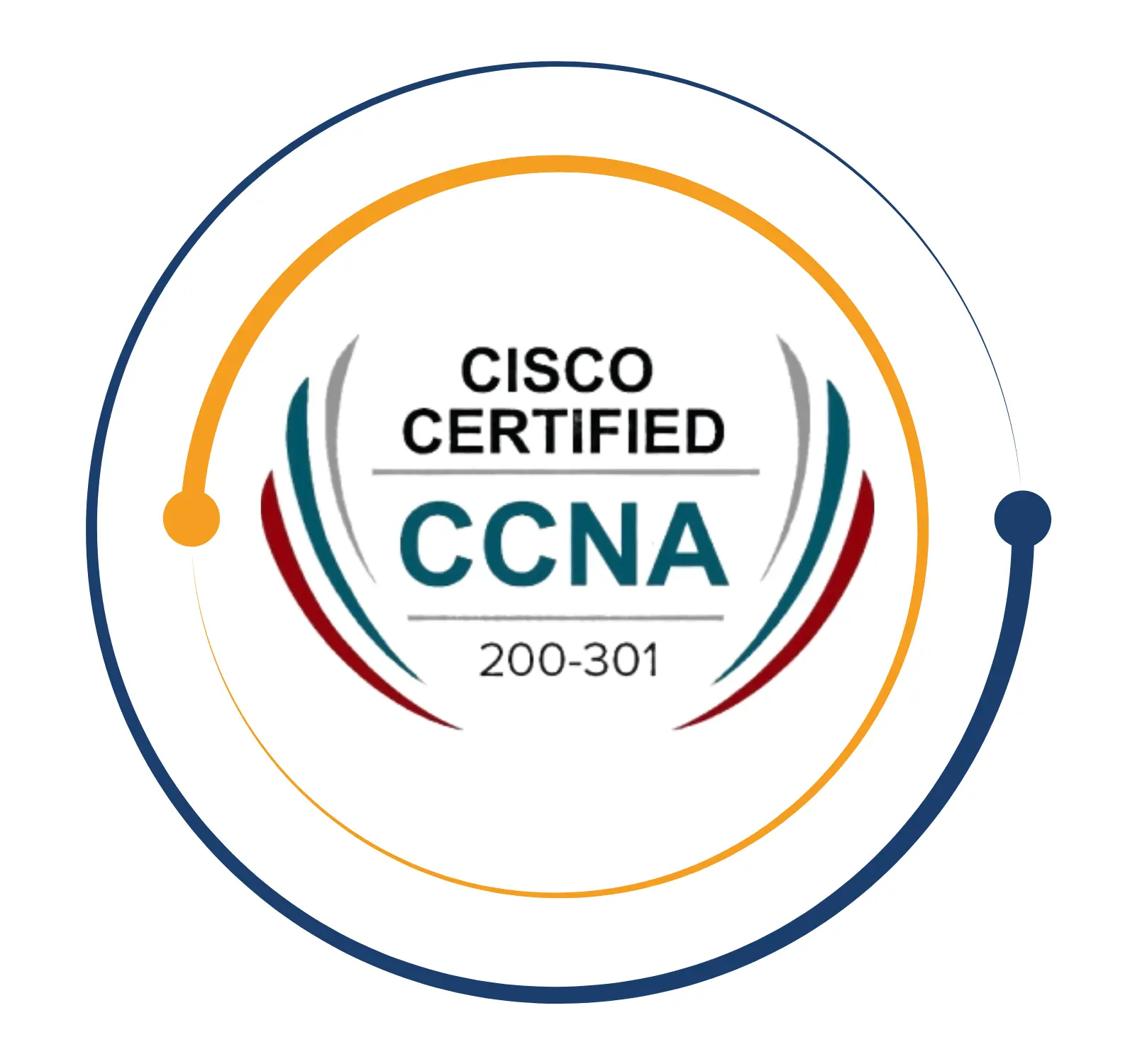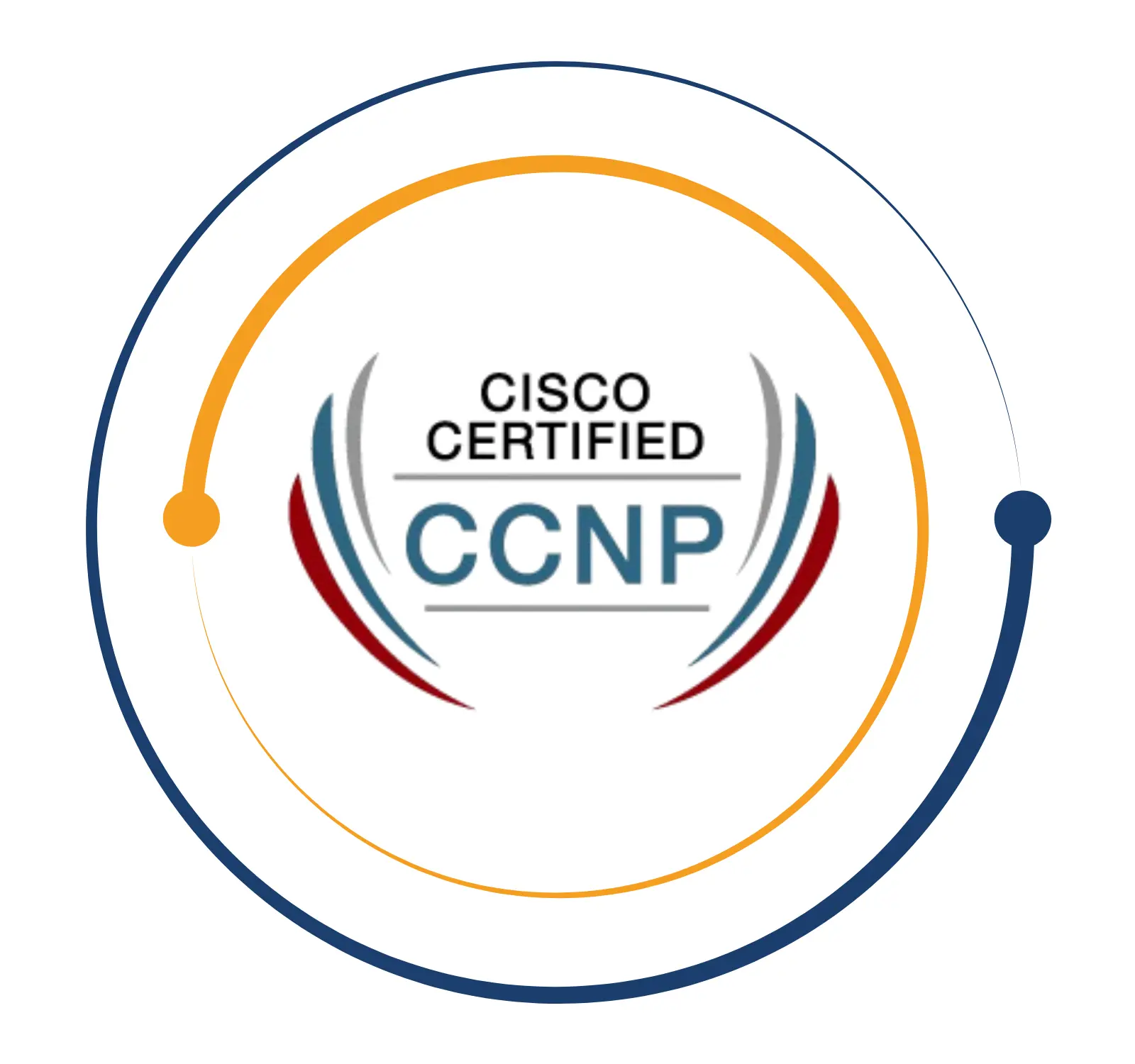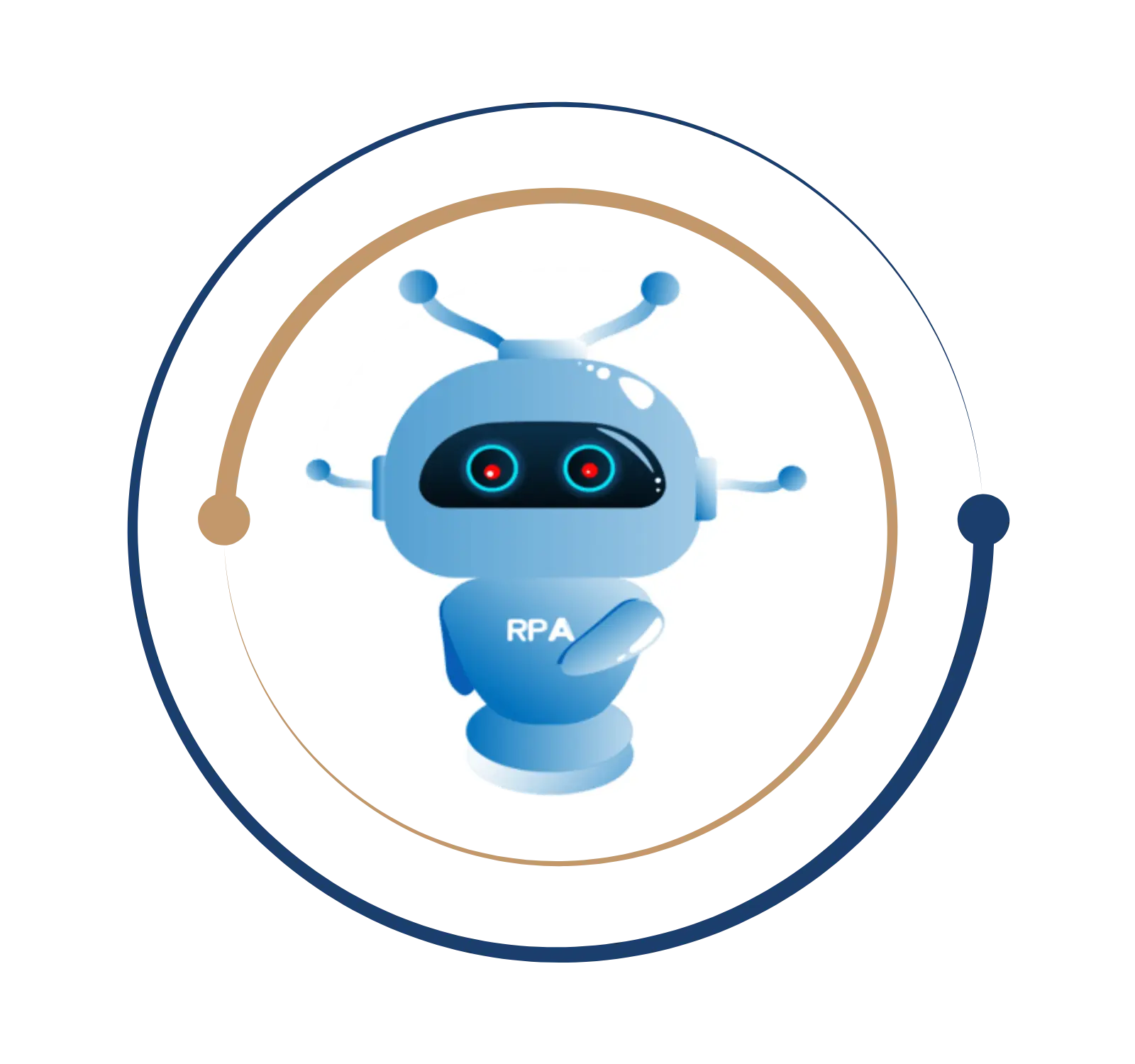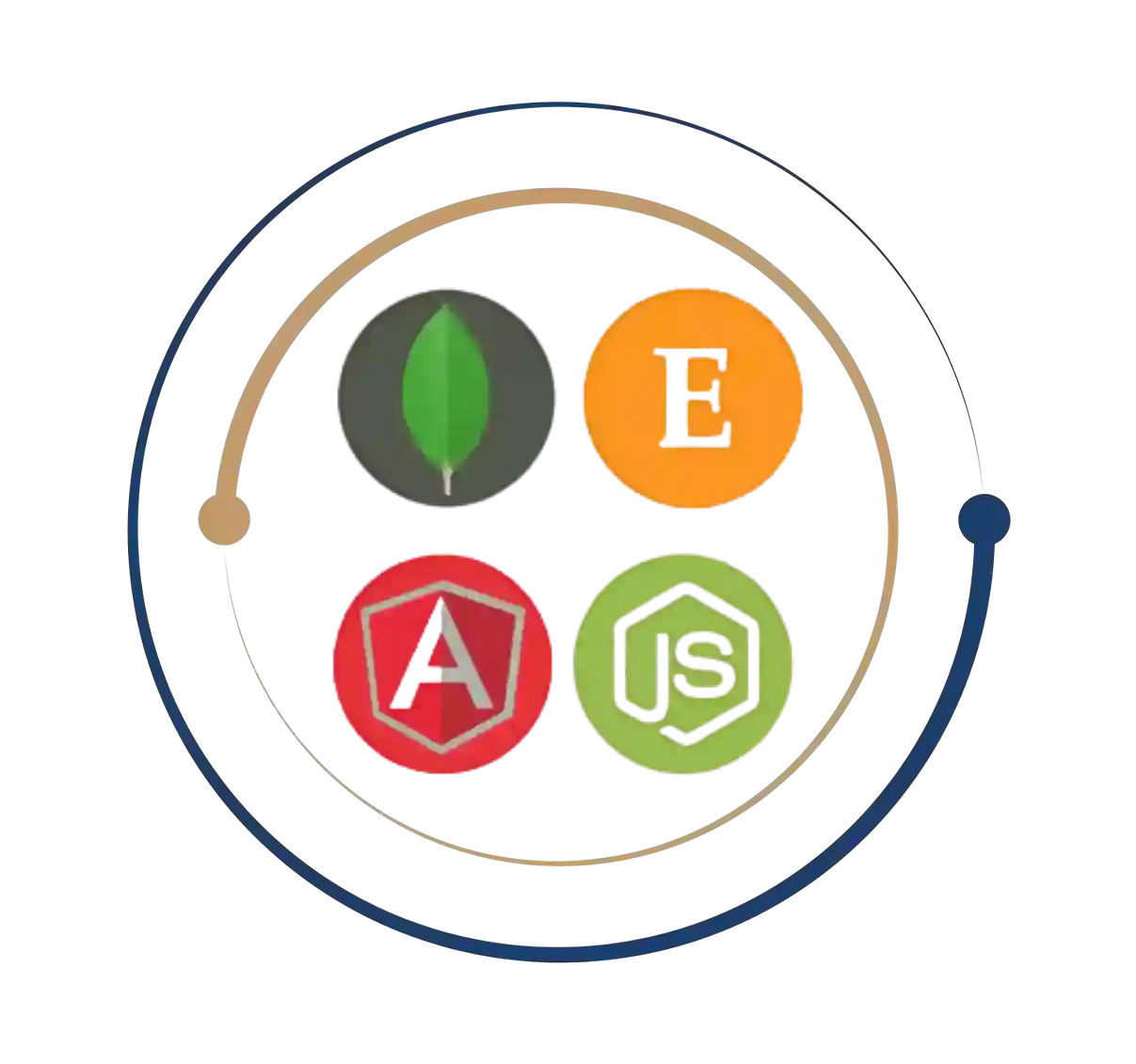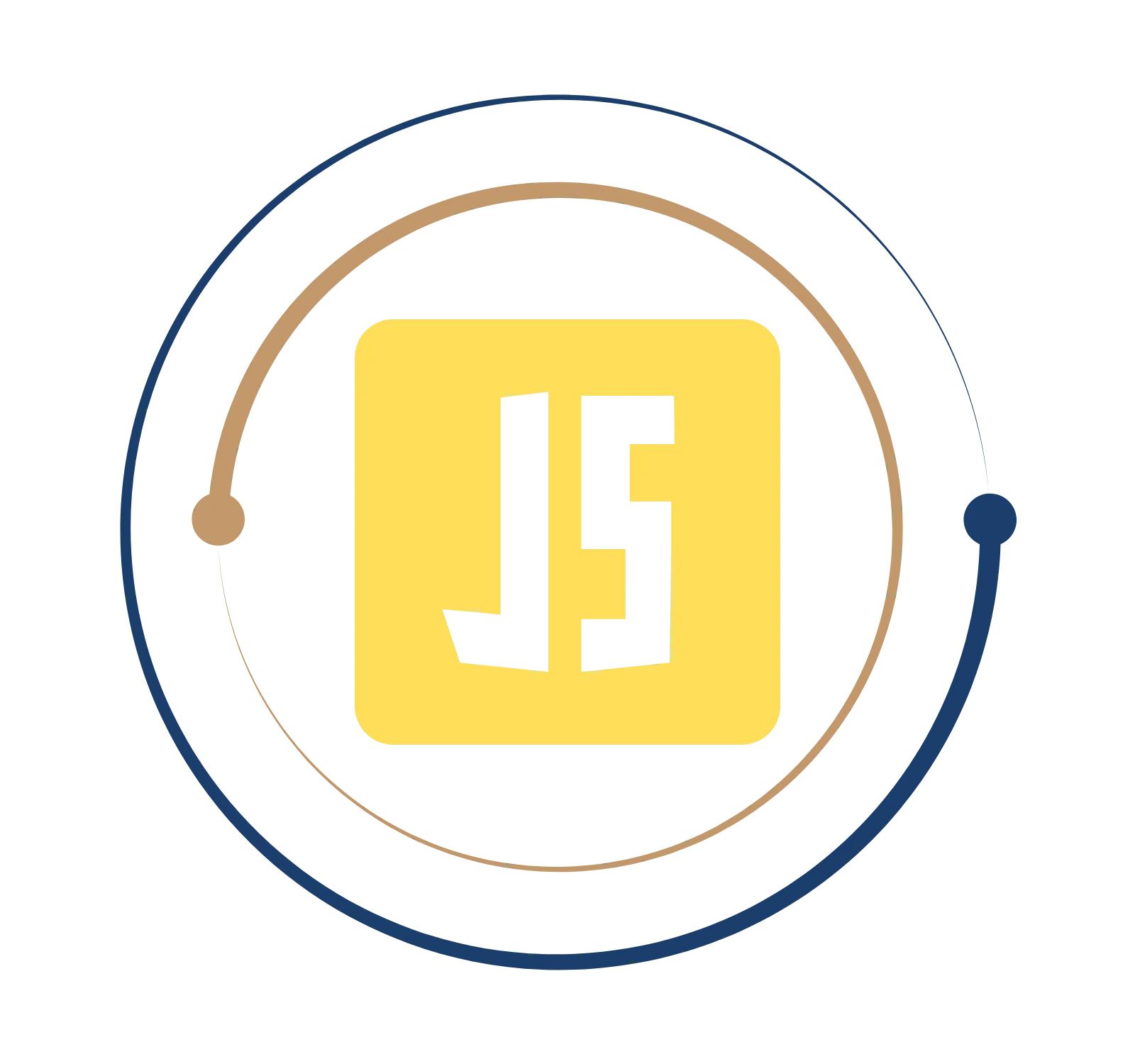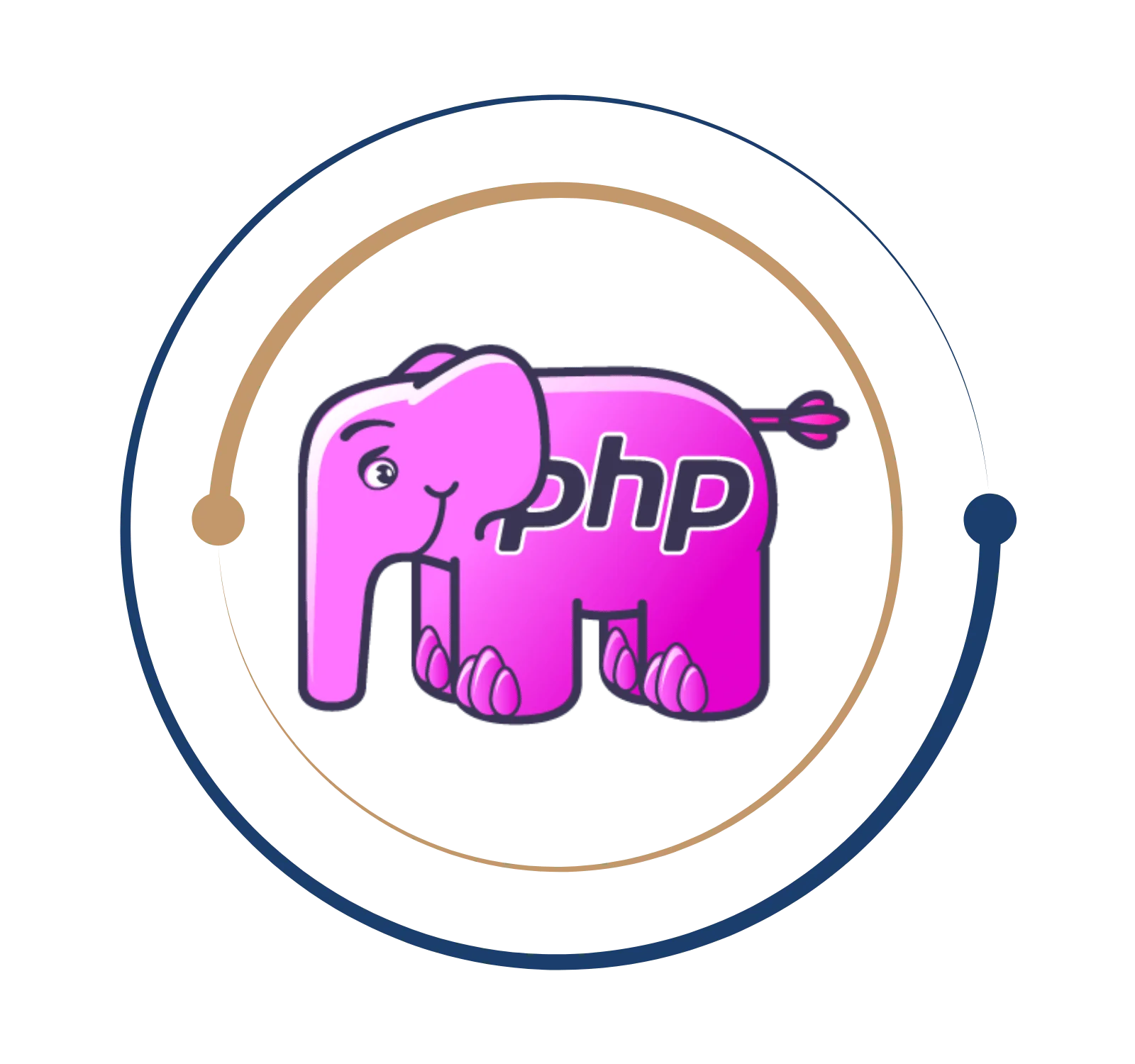Unlock the Power of Python with BITA Academy’s Expert Training
Python Training in Chennai
Do you wish to study one programming language with many career opportunities? Then Python is the way to go. BITA Academy’s Python Training in Chennai is a comprehensive program designed to help you master key programming concepts such as Conditional Statements, Syntax, Strings, Shell Scripting, Error Handling, Data Operations, Loop Statements, Web Scraping, and Lambda functions under the guidance of python expert.
Python is an object-oriented, dynamically semantic, interpreted high-level programming language. Built-in data structures at a high level, make it ideal for Rapid Application Development and as a scripting or bridge language for connecting existing components.
Python is widely used for web and software development, task automation, data analysis, and visualization. Python has been used by many non-programmers, such as accountants and scientists, for various everyday tasks, such as arranging finances, due to its relative ease of learning.
Why should I learn Python?
- Python is the future program for Data Science, AI, and Machine Learning.
- In a decade, the number of Python developers has climbed considerably.
- After obtaining certification, software development, data analysis, and server-side Web applications are some of the most sought-after occupations for Python specialists.
- Python currently has over 10 million developers all around the world. In the following years, it is expected that the numbers will continue to climb.
- Python’s use in major projects has been widely increased by multinational organizations such as Infosys, Wipro, Amazon, TCS, IBM, Accenture, etc.
Python Training in Chennai
Do you wish to study one programming language with many career opportunities? Then Python is the way to go. BITA Academy’s Python Training in Chennai is a comprehensive program designed to help you master key programming concepts such as Conditional Statements, Syntax, Strings, Shell Scripting, Error Handling, Data Operations, Loop Statements, Web Scraping, and Lambda functions under the guidance of python expert.
What is Python?
Python is an object-oriented, dynamically semantic, interpreted high-level programming language. Built-in data structures at a high level, make it ideal for Rapid Application Development and as a scripting or bridge language for connecting existing components.
Python is widely used for web and software development, task automation, data analysis, and visualization. Python has been used by many non-programmers, such as accountants and scientists, for various everyday tasks, such as arranging finances, due to its relative ease of learning.
Why should I learn Python?
- Python is the future program for Data Science, AI, and Machine Learning.
- In a decade, the number of Python developers has climbed considerably.
- After obtaining certification, software development, data analysis, and server-side Web applications are some of the most sought-after occupations for Python specialists.
- Python currently has over 10 million developers all around the world. In the following years, it is expected that the numbers will continue to climb.
- Python’s use in major projects has been widely increased by multinational organizations such as Infosys, Wipro, Amazon, TCS, IBM, Accenture, etc.
Advantages of Python
- Python is simple to grasp and know, so many people recommend it to newcomers. In comparison to other popular languages such as C/C++ and Java, you need fewer lines of code to achieve the same result.
- Python is a good programming language to use. Python’s ease of use allows programmers to focus on the job at hand. They don’t need to spend hours learning the programming language’s syntax or function.
- Python is a powerful language, which implies that it runs code line by line. Whenever an error occurs, the program is paused and the error is reported. Python only displays one error, even if the program has multiple. This makes debugging easier.
- The programmer does not have to declare variables or their data types. Python has no clue what kind of variable we’re working with until we run the code.During execution, it allocates the data type automatically.
- Python’s standard library is enormous, and it contains practically all of the functions required for your work. As a result, you won’t need to rely on third-party libraries.
- To run the program on different systems, you must update your code in various languages, such as C/C++. With Python, however, this is not the case. You only have to write it once, and it may be used wherever. You should, however, avoid including any system-dependent functionality.
Python is an object-oriented, dynamically semantic, interpreted high-level programming language. Built-in data structures at a high level, make it ideal for Rapid Application Development and as a scripting or bridge language for connecting existing components.
Python is widely used for web and software development, task automation, data analysis, and visualization. Python has been used by many non-programmers, such as accountants and scientists, for various everyday tasks, such as arranging finances, due to its relative ease of learning.
Why should I learn Python?
- Python is the future program for Data Science, AI, and Machine Learning.
- In a decade, the number of Python developers has climbed considerably.
- After obtaining certification, software development, data analysis, and server-side Web applications are some of the most sought-after occupations for Python specialists.
- Python currently has over 10 million developers all around the world. In the following years, it is expected that the numbers will continue to climb.
- Python’s use in major projects has been widely increased by multinational organizations such as Infosys, Wipro, Amazon, TCS, IBM, Accenture, etc.
- Python is simple to grasp and know, so many people recommend it to newcomers. In comparison to other popular languages such as C/C++ and Java, you need fewer lines of code to achieve the same result.
- Python is a good programming language to use. Python’s ease of use allows programmers to focus on the job at hand. They don’t need to spend hours learning the programming language’s syntax or function.
- Python is a powerful language, which implies that it runs code line by line. Whenever an error occurs, the program is paused and the error is reported. Python only displays one error, even if the program has multiple. This makes debugging easier.
- The programmer does not have to declare variables or their data types. Python has no clue what kind of variable we’re working with until we run the code.During execution, it allocates the data type automatically.
- Python’s standard library is enormous, and it contains practically all of the functions required for your work. As a result, you won’t need to rely on third-party libraries.
- To run the program on different systems, you must update your code in various languages, such as C/C++. With Python, however, this is not the case. You only have to write it once, and it may be used wherever. You should, however, avoid including any system-dependent functionality.
Get Instant Help Here
A Python professional certification is intended for programmers, software developers, and IT professionals. It’s a tool that allows industry professionals to demonstrate their programming abilities to employers and peers. Professional certifications are significant because having your abilities validated by a private entity can help you advance in your career. Python certification programs are intended to encourage industry excellence and ensure that specific Python knowledge and skills are recognized. There are several Python certifications that you could be interested in pursuing. Pearson Vue, an electronic testing business, administers the tests for several of them. Job Opportunities in Python.
Completing a certificate program may be sufficient to impress employers in some situations. On the other hand, a professional qualification carries more weight and will help you get better employment and promotions. Candidates who want to start a career in software development can register in BITA Academy’s Python Training in Chennai, which will lead to a prosperous professional path. Candidates can pursue other applicable global certifications in addition to BITA Academy’s Python Course Completion Certification to expand their professional prospects.
- Certified Entry-level Python Programmer (PCEP)
- Certified Associate in Python Programming (PCAP)
- Certified Professional in Python Programming (PCPP1)
- Certified Professional in Python Programming (PCPP2)
- Expert in Python Programming
Programming is a highly creative profession, and it’s logic-based creativity. BITA furnishes you with all the Certification courses and Python Training in Chennai.
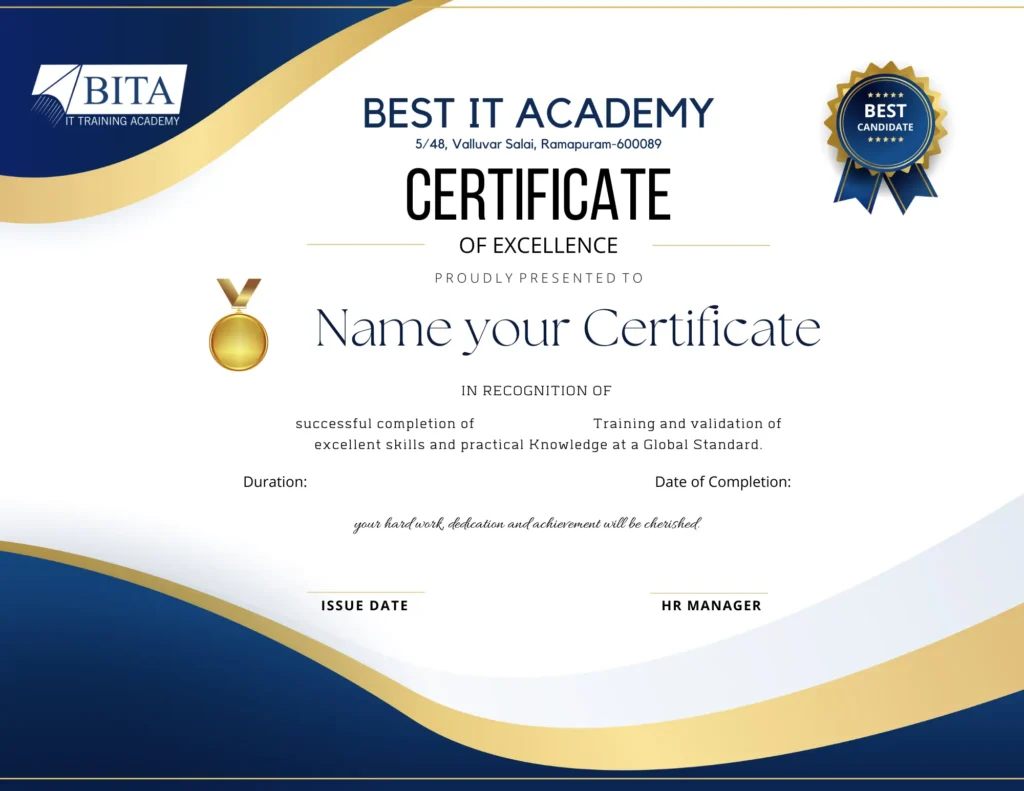
Python has successfully led the chart of the top programming languages in the contemporary technological world and is one of the most promising occupations for techies. Learning Python will open up more job opportunities for you than you might expect, both at home and abroad. Other potentially exciting options include computer graphics, game creation, web development, finance and trade, security and penetration testing, Scientific and mathematical computing, scripting, network mapping, geography, and data science. It’s totally up to you how you employ Python’s advantages. In the Artificial Intelligence (AI) sector, there is a lot of research going on, and Python plays an integral part in AI Machine Learning initiatives. Python is also utilized in Big Data since it allows parallel computation and may be used with Hadoop. In India, an entry-level Python Developer might expect to receive between Rs. 3,50,000 and Rs. 4,25,000 per year. Sign up for Best Python Training in Chennai.
Job you can land with Python
What you will learn?
- History of Python
- Advantages & Use Cases
- Compiled vs Interpreted Languages
- Installing Python (Windows/Linux/Mac)
- Using IDLE, Jupyter Notebook, and VS Code
- Variables and Data Types Overview
- Writing your first Python program
- Running Python (Interactive Mode, Script Mode)
- Python File extensions
- Comments (single line, multi-line)
- Data Types
- Mutable vs Immutable types
- Variable assignments & swapping values
- Reading input from keyboard
- Multiple assignments in one line
- Type conversion
- Indentation rules
- Examples + practice problems
- Arithmetic
- Relational
- Logical
- Shorthand Assignment
- Bitwise
- Membership
- Identity
- if, if-else, if-Elif-else, nested if
- for loop, while loop, nested loops
- Infinite loops & break conditions
- break, continue, pass
- Loop with else
- Combination of conditions & loops
- Interview-based loop problems (e.g., prime check, reverse number, Fibonacci)
- Defining & calling functions
- Required arguments
- Default & keyword arguments
- Variable length arguments
- Keyworded variable length arguments
- Local, Global, and Nonlocal variables
- Lambda functions & expressions
- Recursion basics
- Interview practice problems
- String creation, formatting
- Slicing & indexing
- String built-in methods
- String manipulation & searching
- Count words in a sentence
- Iterating characters in a string
- Palindrome & anagram programs
List
- Creating lists
- Indexing, slicing, updating
- List methods
- List comprehension
- Nested lists
Tuples
- Creation & immutability
- Tuple methods
- Map, filter examples
Sets
- Creating sets
- Set operations
- Set methodsFrozenset
Dictionaries
- Creating & accessing key-value pairs
- Dictionary methods
- Class & object basics
- __init__ method
- Accessing class members
- Inheritance
- Types of inheritance
- Encapsulation
- Data abstraction
- Polymorphism
- Types of polymorphism
- Try, Except, Finally
- Multiple exceptions
- Raising exceptions (raise)
- Custom exceptions
- Open & close files
- File modes in text files
- Reading & writing text files
- With statement (with open() as)
- Pickle module (binary files)
- Importing modules (import, from … import)
- Built-in modules (math, random, os, datetime, collections)
- __all__ in __init__.py
- Iterators
- Generators
- Closures
- Higher-order functions
- Decorators
- random module
- math module
- itertools
- calendar
- time
- datetime
- What is multithreading
- Creating threads
- Thread properties
Weekdays
Mon-Fri
Online/Offline
1 hour
Hands-on Training
Suitable for Fresh Jobseekers
/ Non IT to IT transition
Weekends
Sat – Sun
Online/Offline
1.30 – 2 hours
Hands-on Training
Suitable for IT Professionals
Batch details
Week days
Mon-Fri
Online/Offline
1 hour
Hands-on Training
/ Non IT to IT transition
Sat – Sun
Online/Offline
1:30 – 2 hours
Hands-on Training
Why should you select us?






Why should you select Us?











